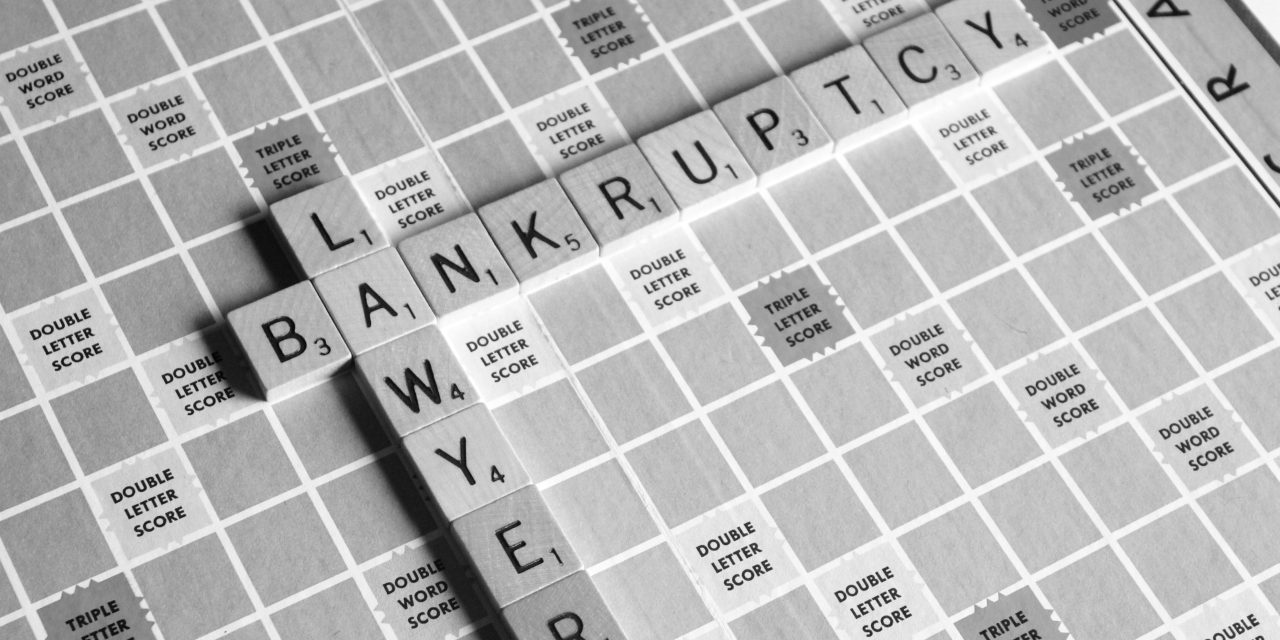Lien stripping is the process of transferring a car’s equity in bankruptcy. The value of your car will normally be less than the remaining balance owed on your car loan, so your lender can’t claim this money as their own. In Chapter 13 bankruptcy, you can get rid of personal property that you would otherwise sell under an installment sales contract. If you have equity in your car, you may be able to transfer this equity and keep the car. The specific laws in your state regarding lien stripping will depend on whether you are filing Chapter 7 or Chapter 13 bankruptcy. Each state has its own method of determining the amount of equity in the car that can be sold under a lien stripping contract, and there may also be other requirements for lien stripping.
When you file Chapter 7 or Chapter 13 bankruptcy, you will let the bankruptcy trustee determine when the personal property can be sold. In a Chapter 7 liquidation, the trustee will try to sell off any property that could be sold for cash and has a potential value of less than $250. Bankruptcy laws in most states permit the trustee to sell cars, but in most states, the remaining equity owed on a car loan is the amount before taxes, and other credits are subtracted from this amount.
Putting Up Collateral Creates a Property Lien:
When you sign a car loan contract, you are making an agreement to repay the loan with collateral. If you default on this contract, your lien is considered to be a voluntary lien. A voluntary lien allows a lender to take legal action to recover their financial loss. Most lenders do not take this action for smaller amounts, but if the remaining balance owed is high, then there are ways for lenders to collect from people who have declared bankruptcy. If you are filing for Chapter 7 bankruptcy, then your car will be sold by the trustee for the benefit of creditors. The trustee will sell your car and use the money to pay off any debts to creditors. Your lender only has a secured claim on your car if they have a lien that is considered to be valid by state law. A secured claim is one where the creditor has collateral that can be seized, such as a loan on a car or house.
Liens You Can Eliminate in Chapter 13 Bankruptcy:
Voluntary liens can often be eliminated in Chapter 13 bankruptcy by the creditor. The only types of voluntary liens that cannot be eliminated are judgments and attachment liens that were not recorded at the time of the filing. Attachment liens are those placed on bank accounts or other property, but they should have been recorded with the county court before you declare bankruptcy. Judgments and attachment liens can be confusing, so it is best to consult a bankruptcy lawyer in your state if you are having trouble understanding how your voluntary lien can be removed. If you have no other debts that require payment, you will have the money remaining after all the payments have been made. This money is yours and can be put towards accomplishing any other purpose that is important to you.
What Will Happen to Stripped Liens?
Lien stripping will be recorded in the local public records. The stripper will then proceed with selling the asset and collecting the proceeds from the sale. If you are filing a Chapter 13 bankruptcy case, then your trustee will sell your assets until all of your creditors have been paid, but if you are filing a Chapter 7 liquidation, then you might not have any assets to sell. The value of your car or other property is based on assumptions that are not always realistic. It is important to consult a bankruptcy lawyer if your loan amount is high, and you must determine the value of your property to determine if any funds will remain after the sale of all your assets. When you file Chapter 7 or Chapter 13 bankruptcy, you will let the bankruptcy trustee determine when the personal property can be sold. Check here more about lien stripping.
Conclusion:
If you have equity in your car and you are filing a Chapter 13 bankruptcy case, then you can transfer that equity to your property. The lien on a car in Chapter 7 is assumed to be valid, so your car will be sold by the trustee for the benefit of creditors. Your lender only has a secured claim on your car if they have a lien that is considered to be valid by state law. A secured claim is one where the creditor has collateral that can be seized, such as a loan on a car or house. Lien stripping will be recorded in the local public records. The stripper will then proceed with selling the asset and collecting the proceeds from the sale. If you are filing a Chapter 13 bankruptcy case, then your trustee will sell your assets until all of your creditors have been paid, but if you are filing a Chapter 7 liquidation, then you might not have any assets to sell.







Recent Comments